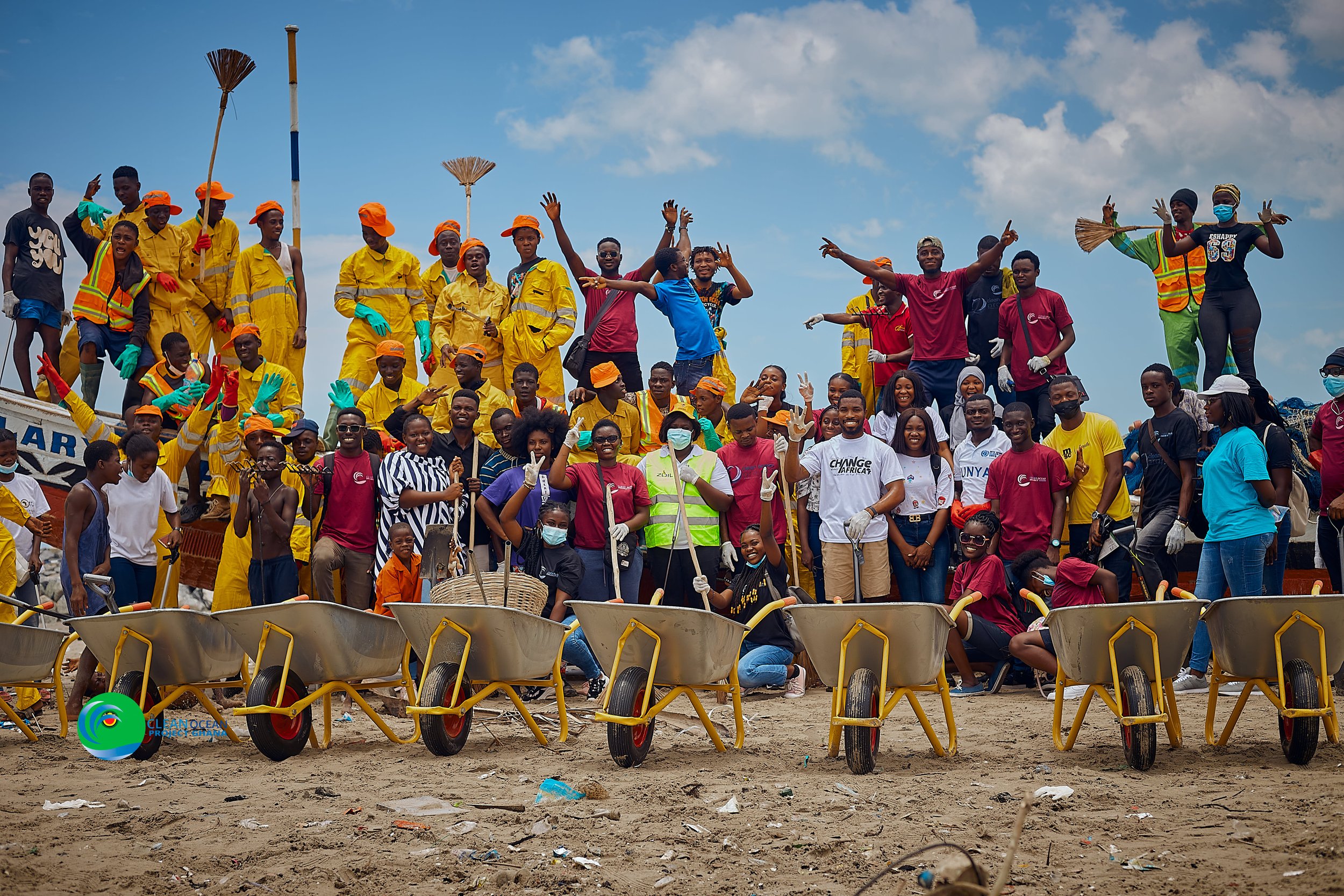
Film dialogues for healthy oceans
We partner with grassroots organizations and businesses to implement iterative film dialogues that advance circular economy initiatives around the world.
End to Plastic Pollution Requires Systemic Change
We are an international nonprofit organization working since 2012 to end plastic pollution.
Plastic pollution today requires much more than a reactive approach, proactive systemic strategies towards a circular economy are needed.
With our structured and iterative approach to film dialogues, we work with grassroot organizations and businesses to effectively engage intersectoral stakeholders and develop opportunities for collaborative action.
Film as a starting point for deeper insights
We use film to create a shared starting point for dialogue, where all voices can engage with the same story, reflect, and contribute equally.
Democratizing the Learning Process
Shared Experience with Stakeholders
Establishing Common Ground
SEE+Δ (See Positive Change) is our film library and film distribution service. Here, you can discover the films we use for our dialogues and to create change around the world.
Impact around the world
Film is influencing circular economy policies and sparking new local initiatives.
Advancing Chile's Circular Economy 2040 Roadmap
BlueCommunities
This is our global network of grassroot organizations and businesses who are using our film dialogue framework to engage stakeholders and drive forward circular economy policies and initiatives.
Stories of Impact
Clean Ocean Ghana
Accra-Ghana, Ghana
In an attempt to achieve favorable climatic conditions, our project has made strides to ensure a sustainable and conservative coastal ecosystem through conscious advocacy, effective public education and other climate action initiatives.
Saving Our Sharks
Cancun, Mexico
In order to know the spatial and temporal movements of bull sharks that visit Playa del Carmen every year, an acoustic telemetry system has been implemented with which they can be tracked along the entire coast of the state.










